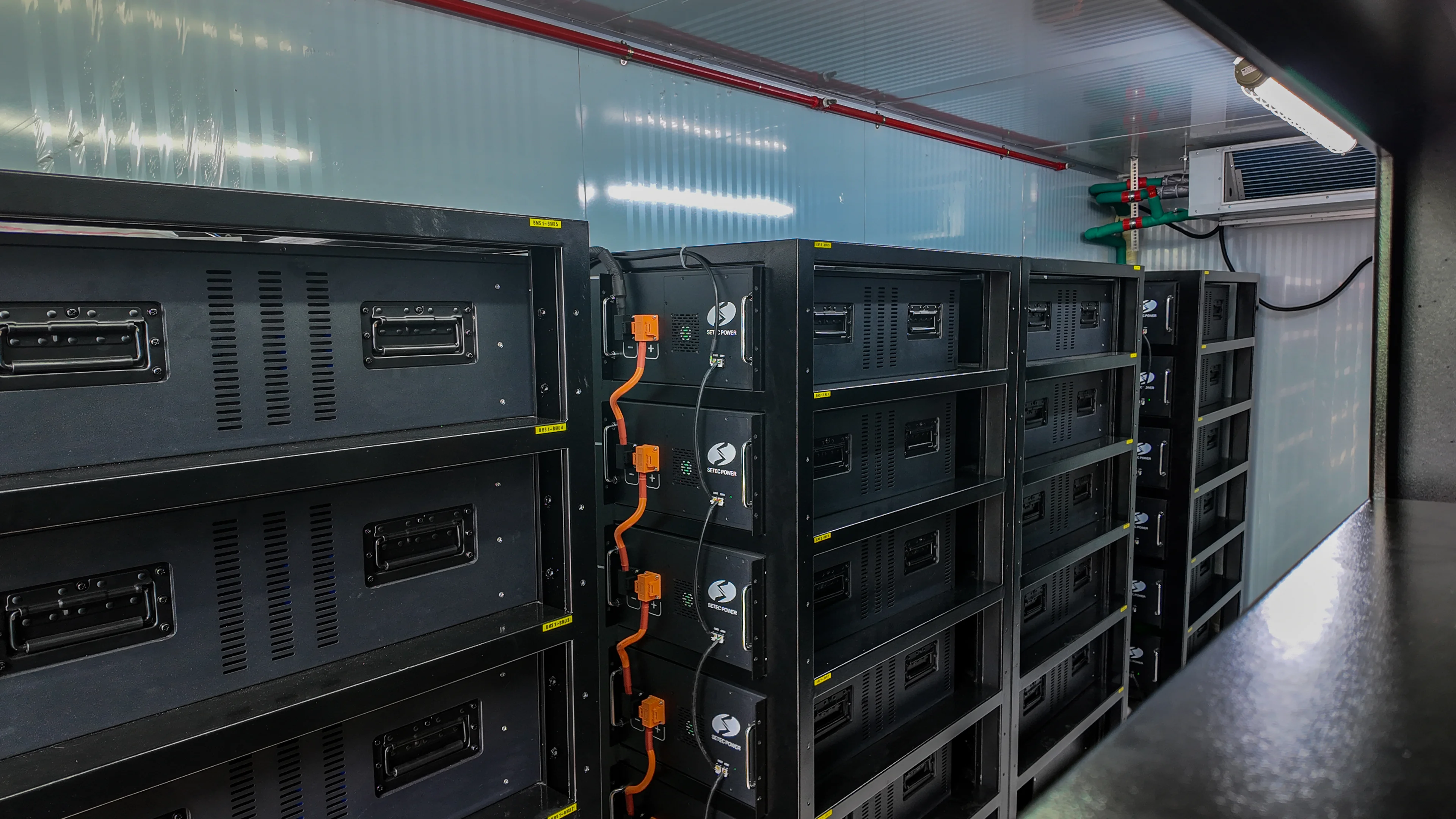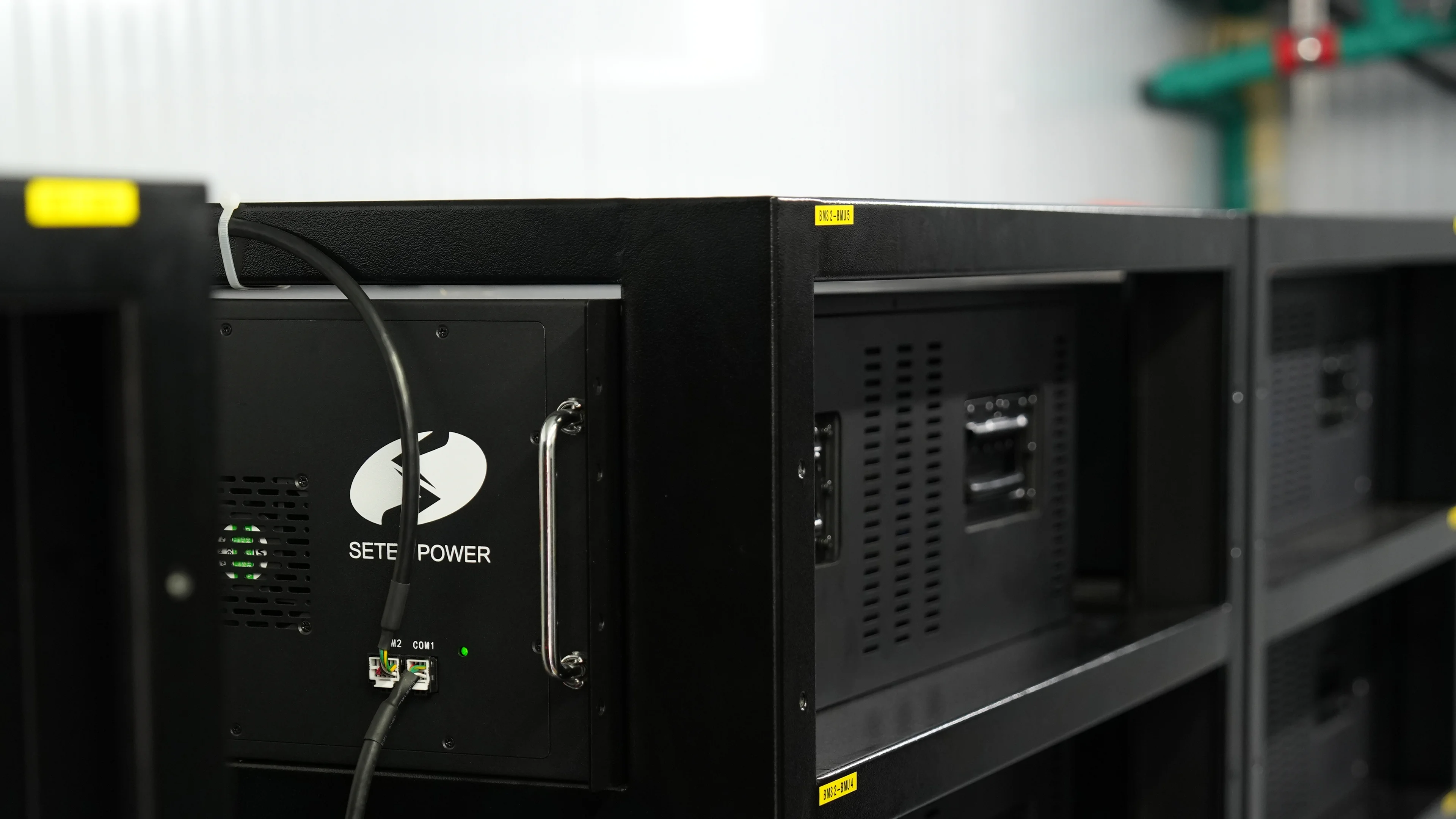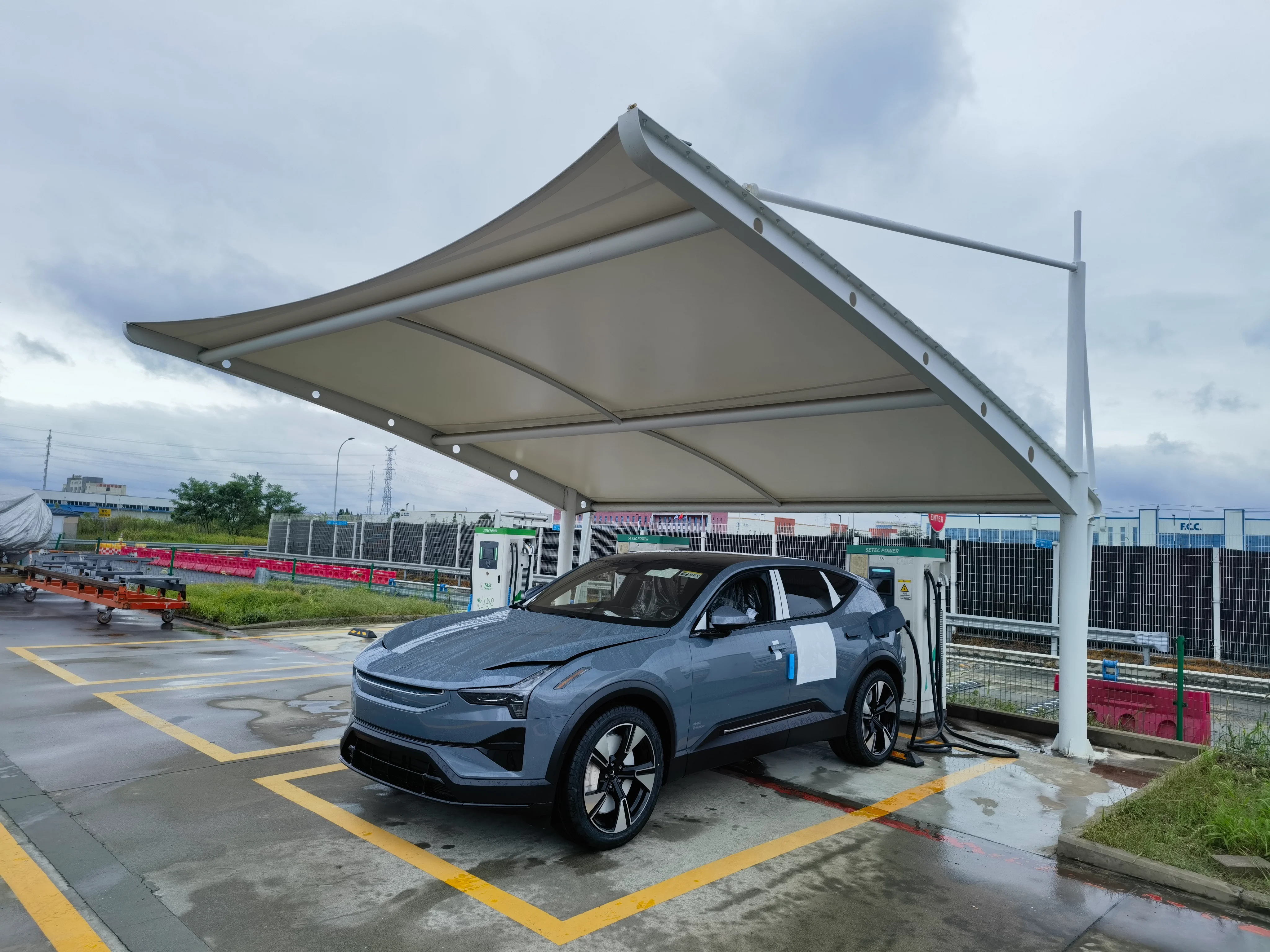Jul 11, 2024
Function of Energy Storage
Fundamentally, energy storage allows for the use of energy at any time and in any location, ensuring that all energy demands can be met. For instance, electricity storage can alleviate pressure on the grid during peak hours by utilizing stored electricity from off-peak periods. Additionally, it can serve as a backup power source in case of outages through advanced storage in dedicated devices.
Special Features of Battery Energy Storage
Electricity is an essential source for societal development and daily life. Battery energy storage not only encompasses saving electrical energy but also includes converting other forms of energy into electrical form for storage purposes. In the era of clean energy, such as solar power, battery storage plays a crucial role in storing this renewable resource. As electric power becomes increasingly prevalent across various sectors, reusing electric energy becomes particularly vital during emergency situations.

Key Parameters Involved in Practical Application of Battery Energy Storage
Discharge Power (the maximum instantaneous discharge power)
Storage Capacity (the maximum amount that can be stored)
Power Duration (the period over which the system can provide maximum discharge power - calculated as the ratio between storage capacity and discharge power)
Most commercial battery energy storage systems currently have a duration of two to four hours, which is utilized to assist in managing peak demand and reducing grid pressure. However, as decarbonization and electrification continue to progress, there is a growing need for energy storage systems with longer duration to be used in more routine scenarios. This necessitates consideration of higher technology use or changes in battery types.
Universality of Battery Energy Storage
Battery energy storage systems are among the most widely used energy sources and can provide a wide range of services. When combined with other scenarios where energy is converted into electricity, they can cover almost all possible scenarios.
For Sustainable Development: Utility companies with corresponding sustainable development strategies can utilize solar energy to optimize daily energy usage through solar energy savings systems. This allows for gradual adjustments to the energy usage environment and promotes sustainability.
For Emergency Situations: Whether providing an emergency solution for temporary power outages or addressing peak electricity consumption pressures on the power grid, battery energy storage plays a crucial role in maintaining the balance of the power grid and meeting the basic needs of public life.
For Off-grid Energy: In areas where access to traditional forms of energy may be challenging due to remoteness or private property constraints, combining solar energy with battery storage can effectively eliminate transportation issues associated with conventional forms of fuel, thereby enhancing daily life.
Create an Energy Survival Plan that is not omnipotent but works for you



